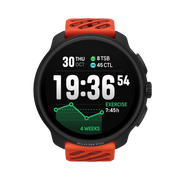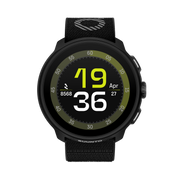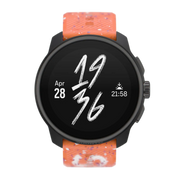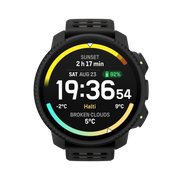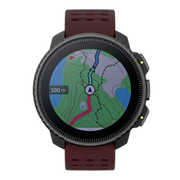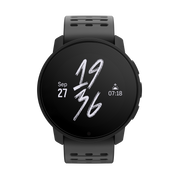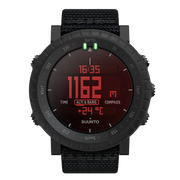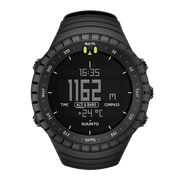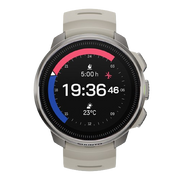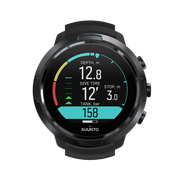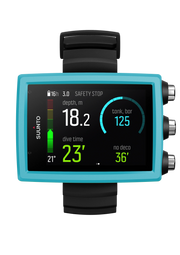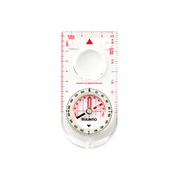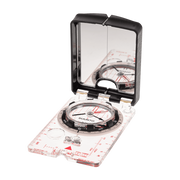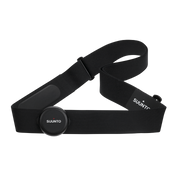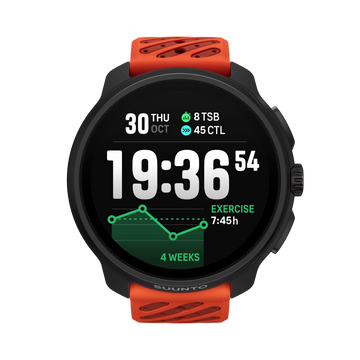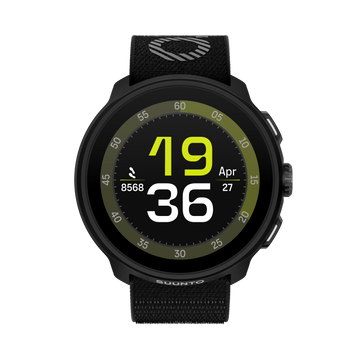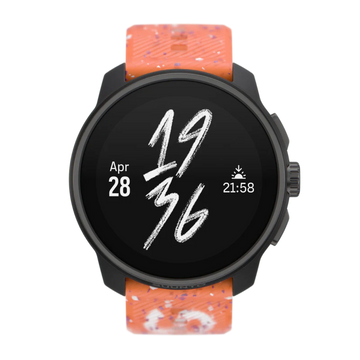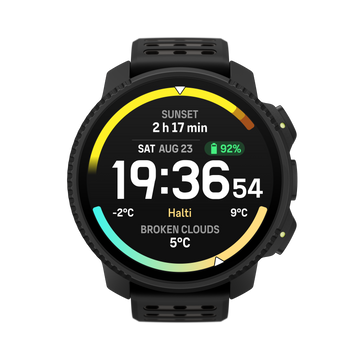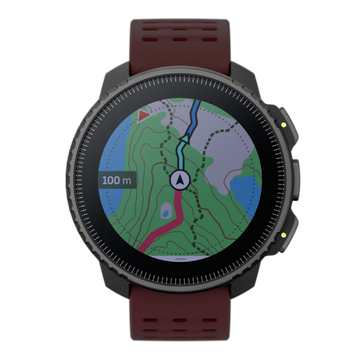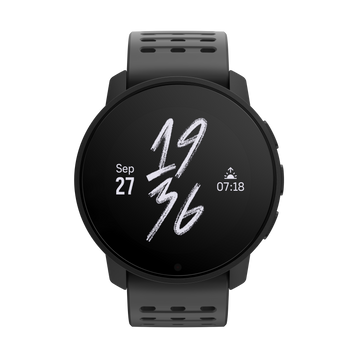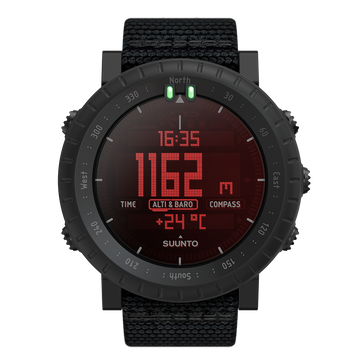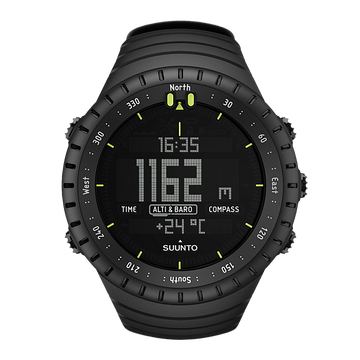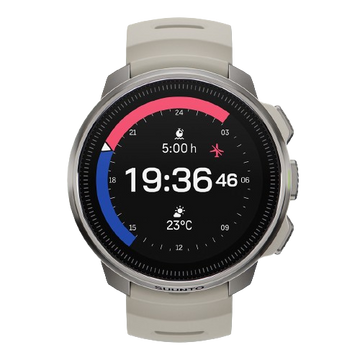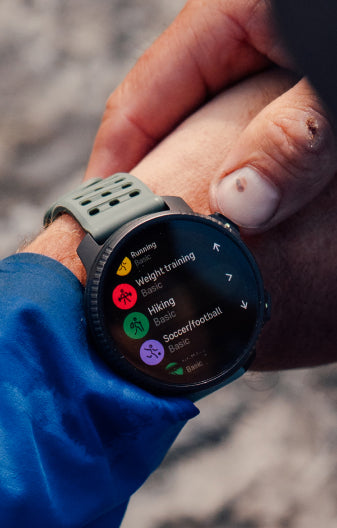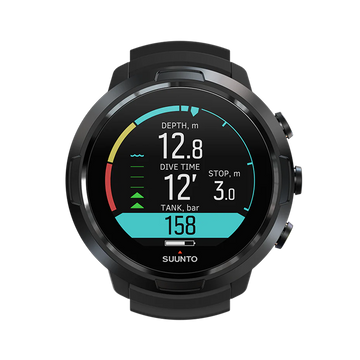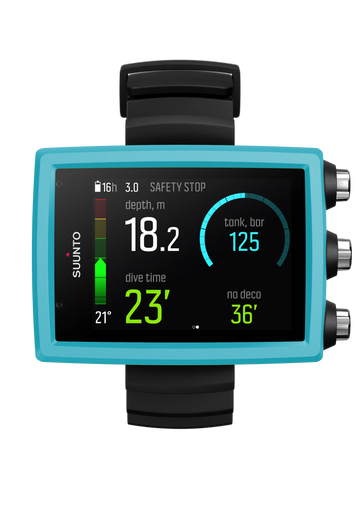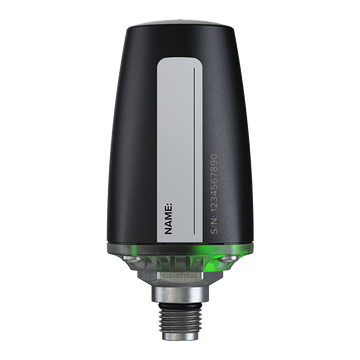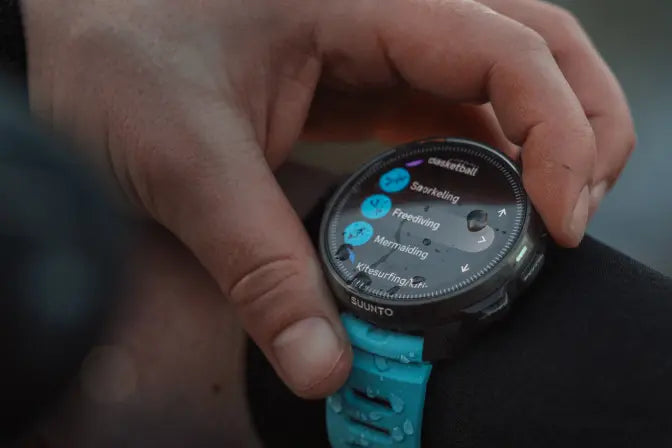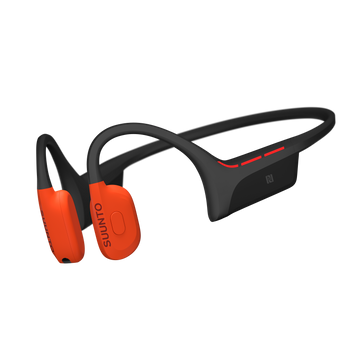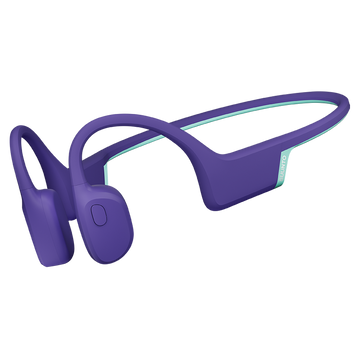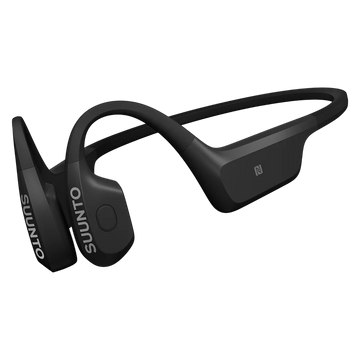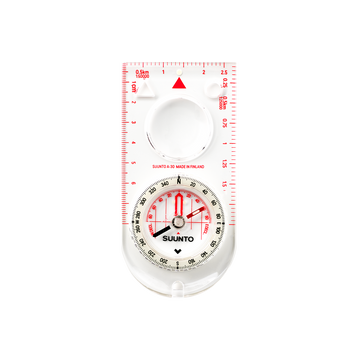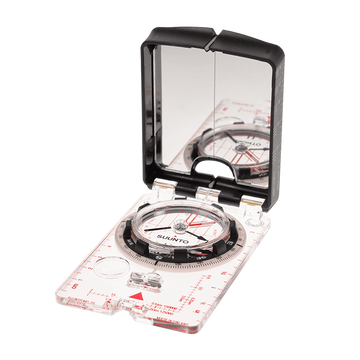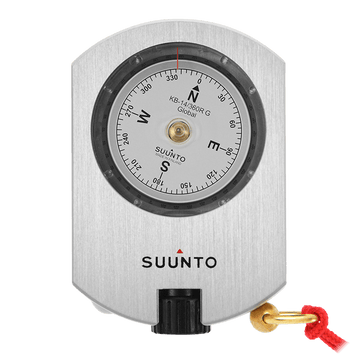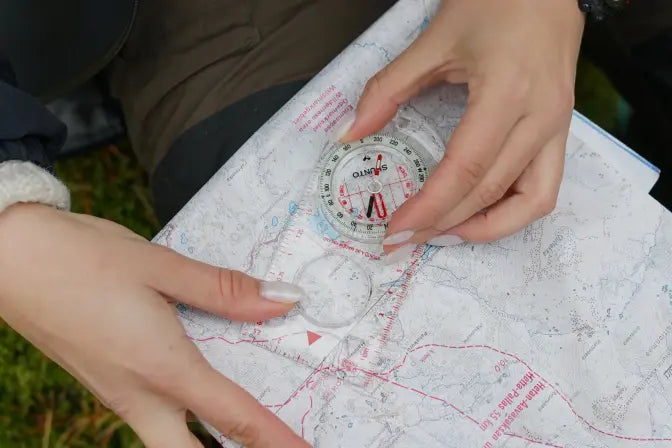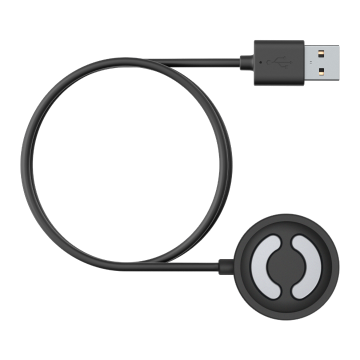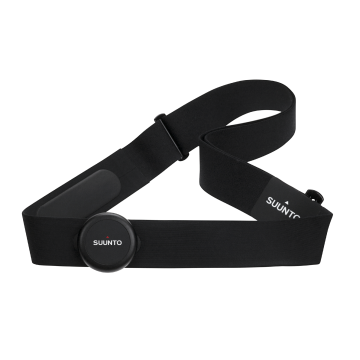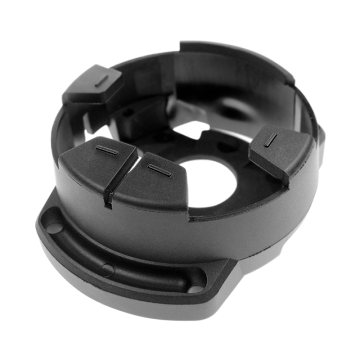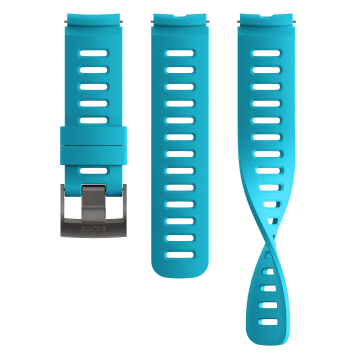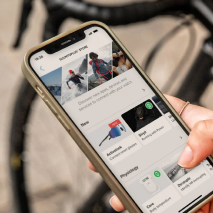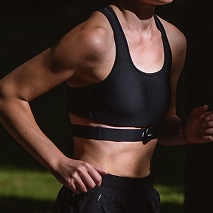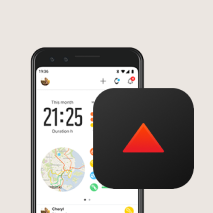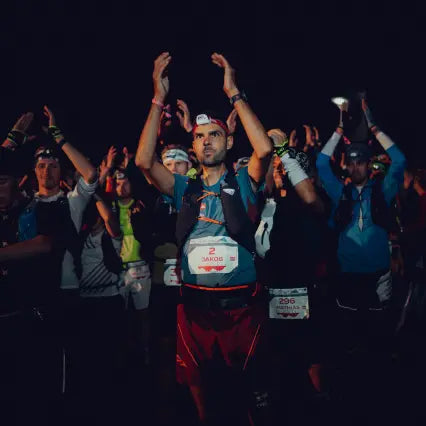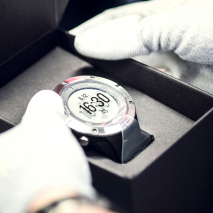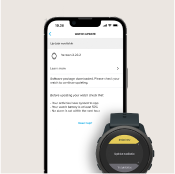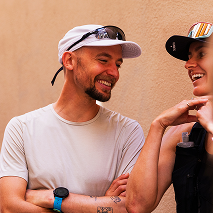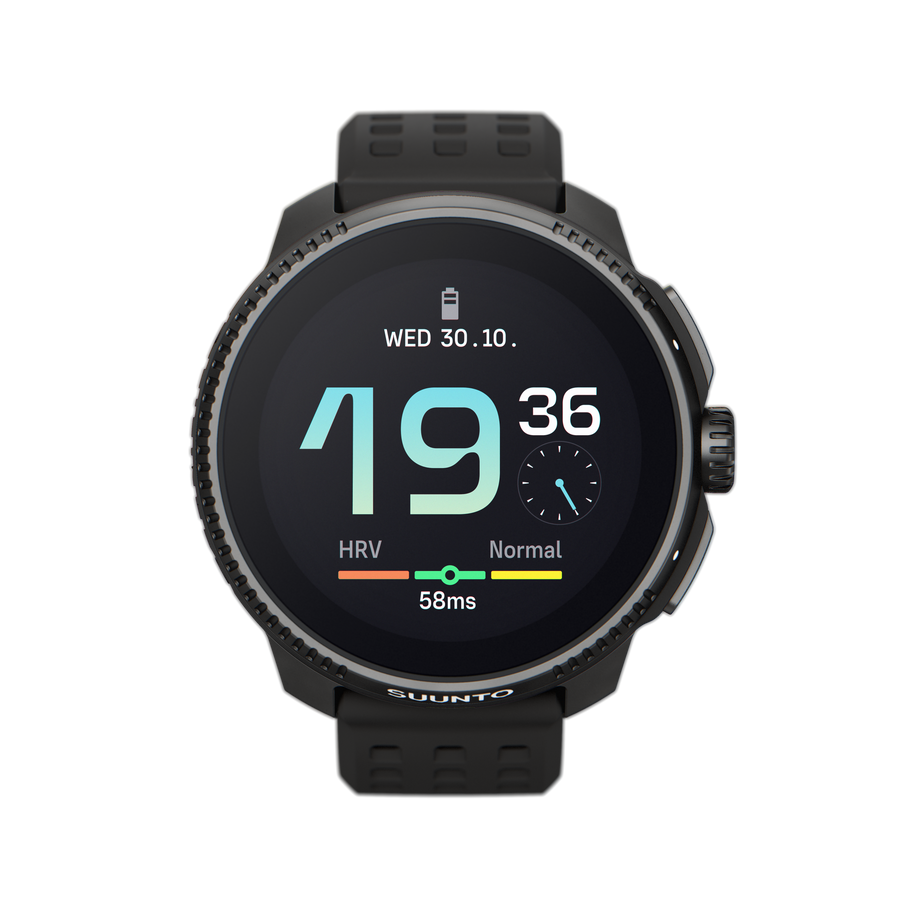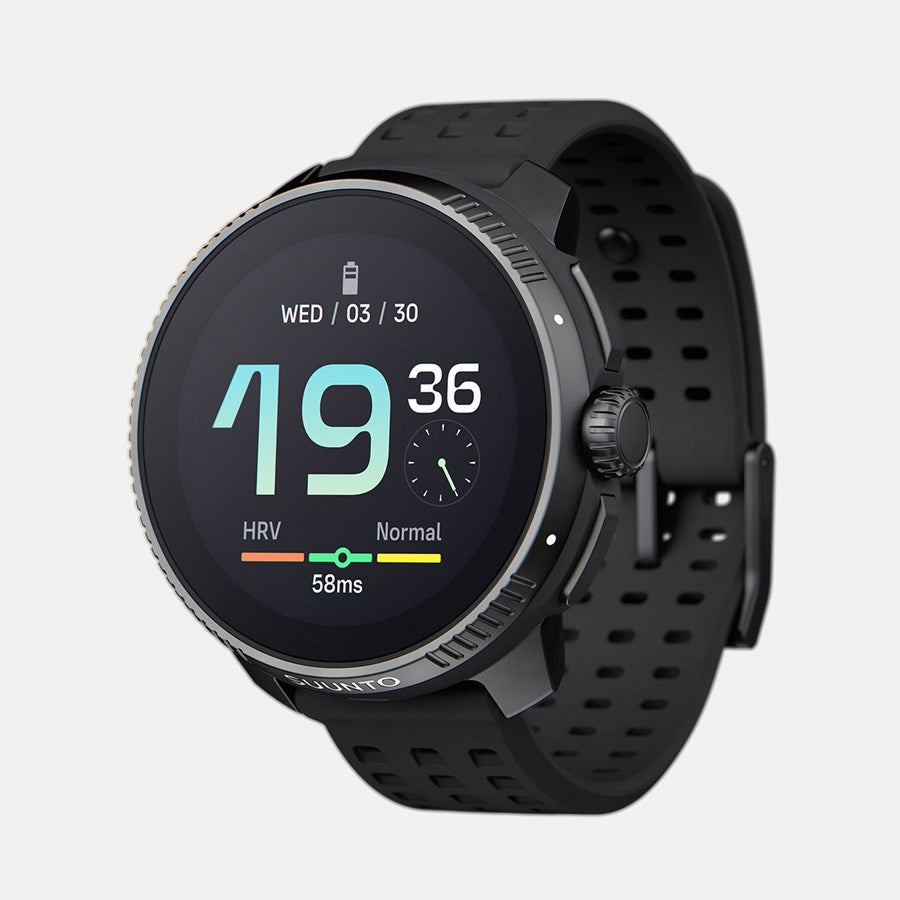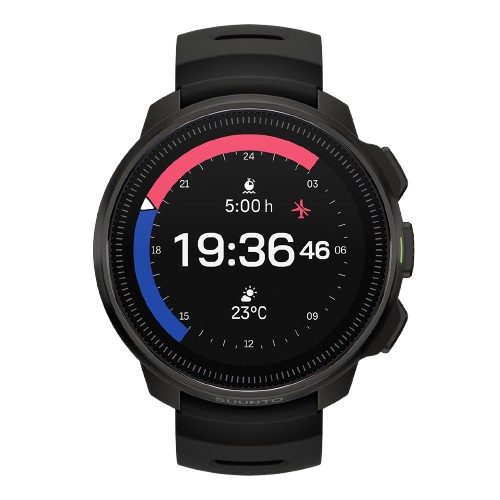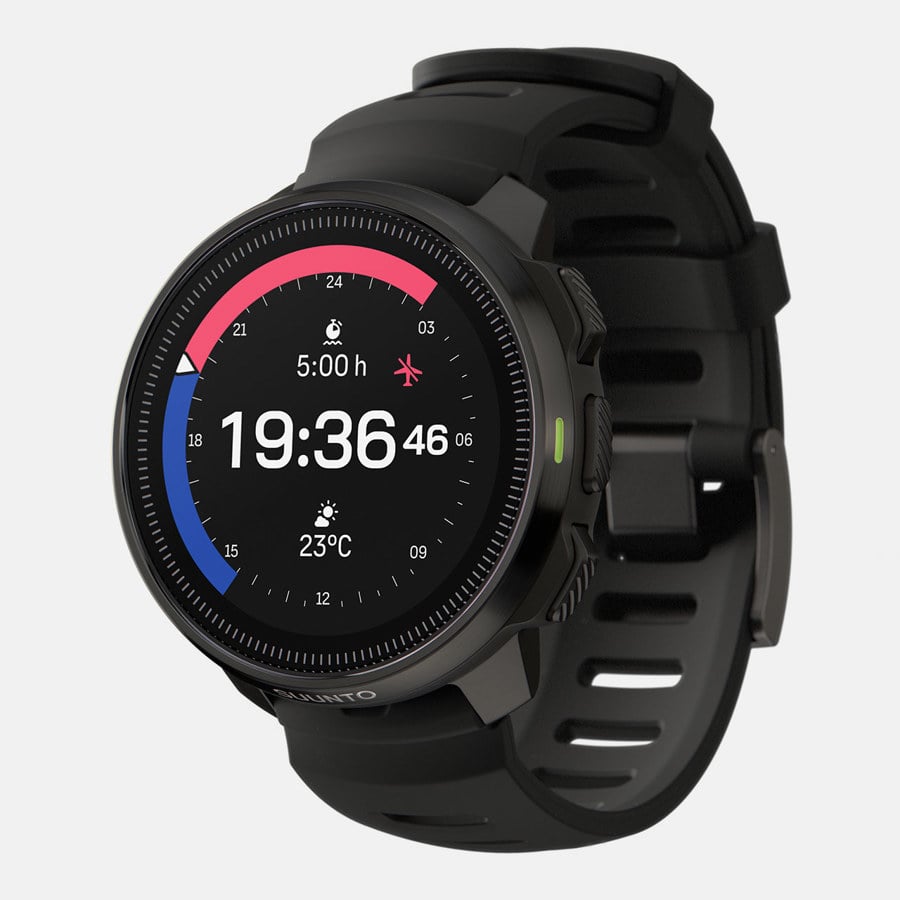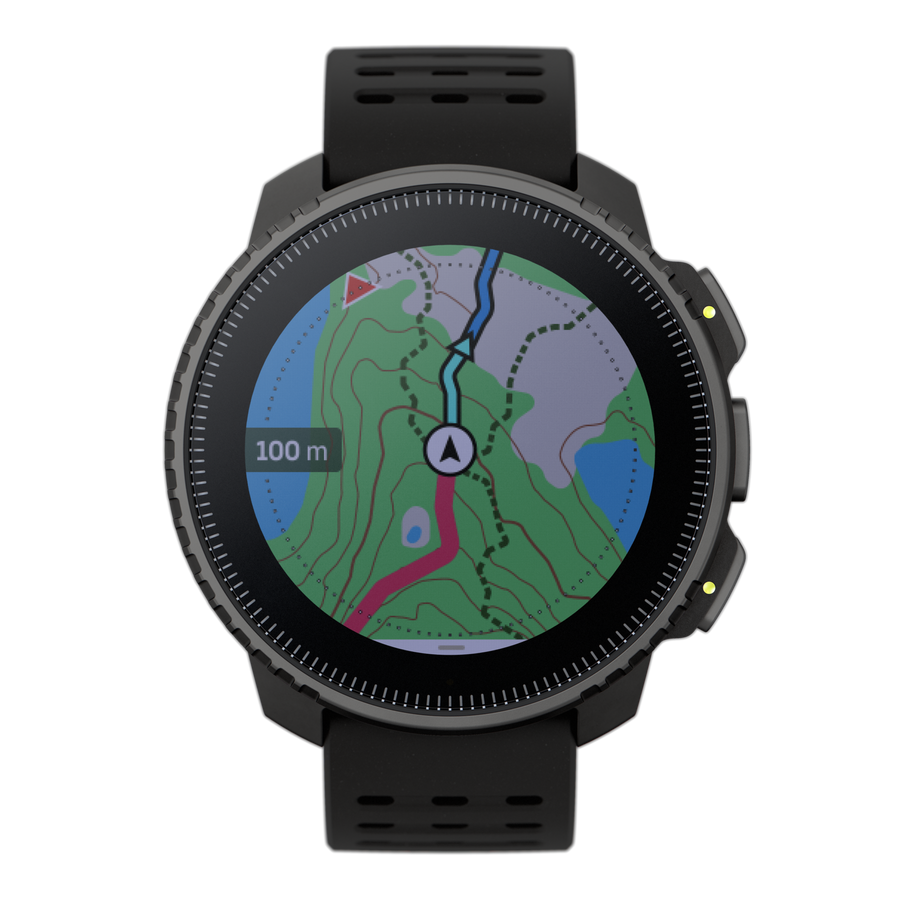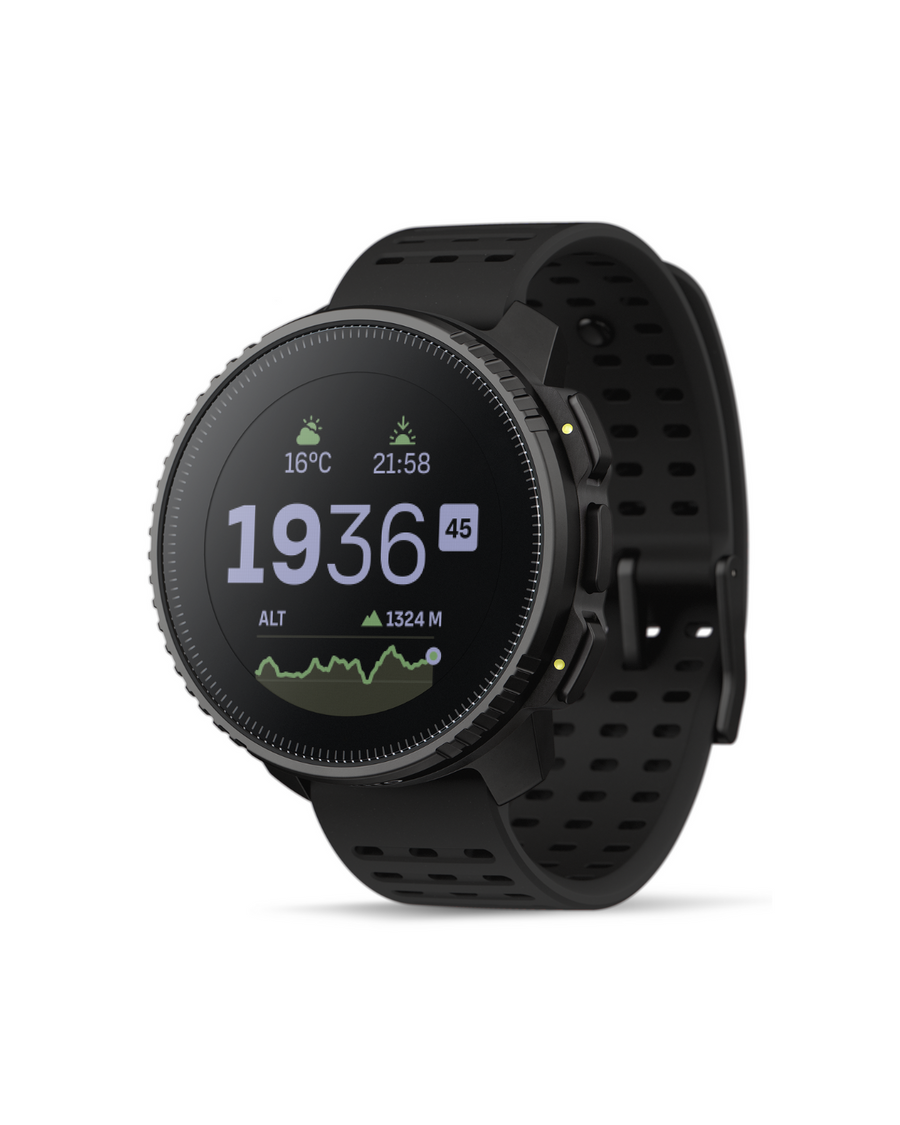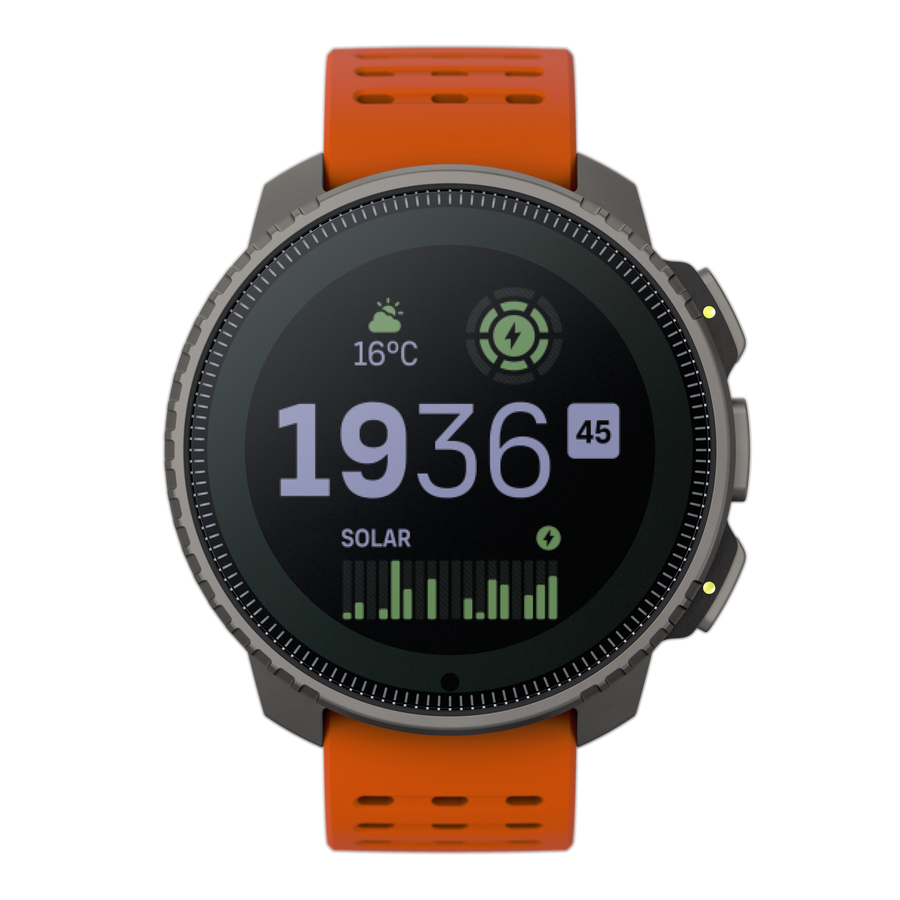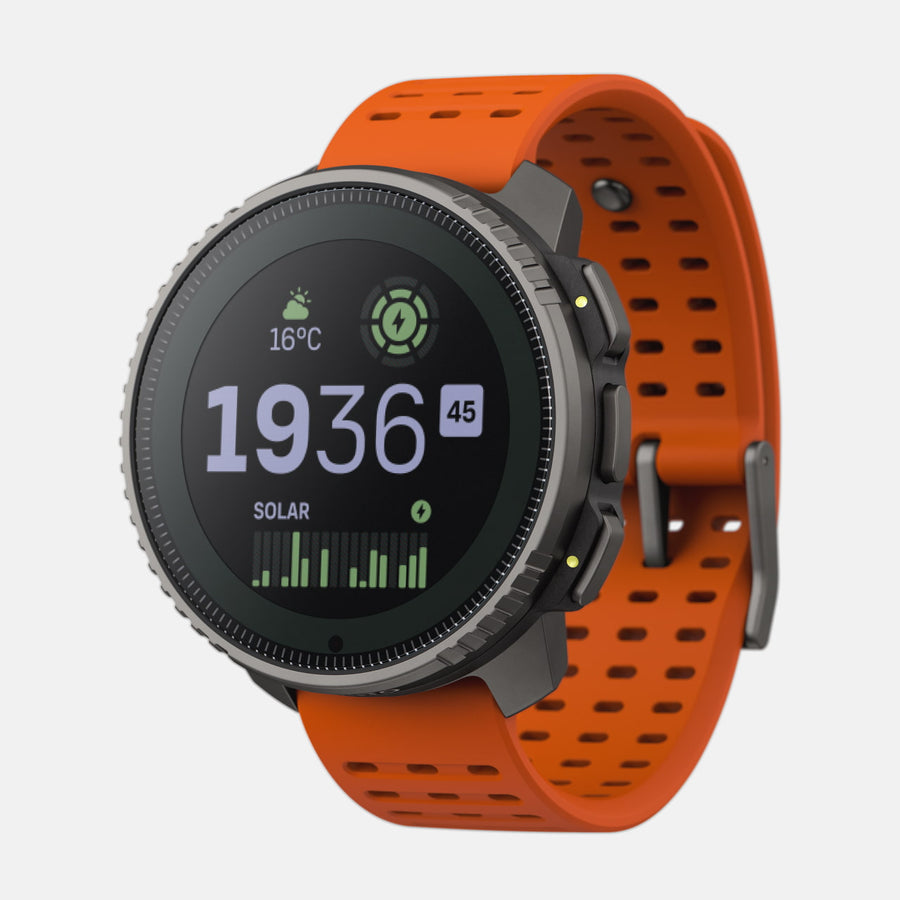Want to cross a 5K finish line with a smile on your face and a medal swinging around your neck? A 5K run is short but achievable. It is challenging enough to make you feel unstoppable.
For many beginners, the 5K is the perfect gateway into the running world. You do not need endless hours of training. It all depends on your endurance, pacing, and mental grit. With the right plan, you can go from couch to confident runner in just a few weeks.
This guide includes a 5K running plan for beginners. We will provide a proven running schedule for 5K beginners and essential tips for running a 5K. So you can finish strong and prove yourself on the race day.
Part 1. 5K Running Basics
A 5K is a short 5-kilometre run. The distance is equal to 3.1 miles. It can be continuous running or a mix of running and walking if you are just starting. For many beginners, it is the perfect first race distance. It is long enough to be a challenge and also short enough to train for in just a couple of months. Perfect for beginners and experienced alike.
For marathons, you need months of high mileage. But a 5K is just about building aerobic endurance, proper running form, and race pacing.
Why Start with a 5K?
- Quick preparation: You can train for a 5K in just 6–8 weeks with 3–4 runs per week, unlike a half-marathon, which needs 12–16 weeks.
- Low gear requirement: All you need is a good pair of running shoes and comfortable clothing. Not like trail or marathon running, which demand specialized shoes, hydration packs, and layered gear.
- Beginner-friendly pace: Mostly 5K races welcome walkers, so you can ease into the sport without pressure to only run, unlike competitive 10Ks or marathons, where cut-off times are stricter.
Part 2. What's the Average 5K Times by Age
Your finishing time depends on your fitness level, age, sex, and running experience. In order to complete the distance, most beginners ignore the speed. But it is useful to know where you stand.
General Average 5K Finish Times by Age
| Age Group | Men (Fastest – Slowest) | Women (Fastest – Slowest) |
| Under 20 | 20:00 - 31:28 | 26:00 - 38:38 |
| 20-29 | 20:30 - 33:19 | 26:30 - 38:44 |
| 30-39 | 21:00 - 34:36 | 27:00 - 40:13 |
| 40-49 | 21:30 - 35:24 | 27:30 - 41:40 |
| 50-59 | 22:30 - 36:34 | 28:30 - 43:57 |
| 60+ | 25:00 - 40:42 | 31:00 - 48:41 |
Young runners have a faster average due to higher cardiovascular capacity. Experience trumps age; a 50-year-old who trains consistently can easily outrun an untrained 25-year-old. Beginners can finish anywhere between 30-45 minutes, especially in their first race.
When you track your runs during training, do not compare yourself harshly to these averages. Instead, use them to measure your improvement over time.
Part 3. 5K Running Plan for Beginners
This 5K running plan works even if you are struggling to run for more than a minute at a time. It is designed around short, manageable sessions. It can fit easily into a busy week, around 30 minutes per workout. And if you prefer walking or a mix of running and walking, you can still follow the plan and cross the finish line with confidence.

Before starting the schedule, set yourself up for success:
- Mark race day on your calendar so you have a clear target date.
- Block out training times as you do for appointments or meetings.
- Start at your current fitness level. If you can not yet run for 30 minutes, begin with brisk walks or shorter run-walk intervals until you can.
If you are new to exercise, begin with gentle sessions. Spread several short walks throughout the day to build stamina. Once you can sustain 30 minutes of activity, you are ready to begin the full plan.
For reference, health experts recommend at least 150 minutes of moderate aerobic activity or 75 minutes of vigorous activity per week. This training plan aligns closely with those guidelines. Also, add built-in recovery days to keep you injury-free.
How the Plan Works
This seven-week schedule combines running, walking, and rest days. This will help build endurance, reduce fatigue, and injury risk. Beginners and runners can adopt it.
A key element of this plan is the Magic Mile. It is a short, timed effort that helps you estimate your ideal 5K race pace. You will do it twice during the program to track progress.
7-Week 5K Training Schedule for Beginners
|
Week |
Mon |
Tue |
Wed |
Thurs |
Fri |
Sat |
Sun |
|
1 |
Run 15s / Walk 45s - 30 min |
Walk 30 min |
Run 15s / Walk 45s - 30 min |
Walk 30 min |
Rest |
Run/Walk 3 mi |
Rest or Walk |
|
2 |
Same as Week 1 |
Walk 30 min |
Same as Week 1 |
Walk 30 min |
Rest |
Run/Walk 3.5 mi |
Rest or Walk |
|
3 |
Run 20s / Walk 40s - 30 min |
Walk 30 min |
Run 20s / Walk 40s - 30 min |
Walk 30 min |
Rest |
Run/Walk 2 mi + Magic Mile |
Rest or Walk |
|
4 |
Same as Week 3 |
Walk 30 min |
Same as Week 3 |
Walk 30 min |
Rest |
Run/Walk 4 mi |
Rest or Walk |
|
5 |
Run 25s / Walk 35s - 30 min |
Walk 30 min |
Run 25s / Walk 35s - 30 min |
Walk 30 min |
Rest |
Run/Walk 2 mi + Magic Mile |
Rest or Walk |
|
6 |
Same as Week 5 |
Walk 30 min |
Same as Week 5 |
Walk 30 min |
Rest |
Run/Walk 4.5 mi |
Rest or Walk |
|
7 |
Run 30s / Walk 30s - 30 min |
Walk 30 min |
Run 30s / Walk 30s - 30 min |
Walk 30 min |
Rest |
Race Day - 5K |
Rest or Walk |
These short, focused training sessions are manageable even for busy schedules. The gradual progression minimizes the risks of injuries. Run-walk intervals help beginners build stamina without burning out.
To add more precision, consider using a sports watch like the Sunto Run. As a watch designed for runners, it not only tracks your pace, heart rate, and distance in real time it also delivers advanced running metrics such as cadence, recovery time, and route navigation.
Unlike other sports watches that drain quickly, Suunto Run sports watch offers exceptional battery life that lasts up to 12 days of regular use. Its durable, weather-resistant design performs well in rain, heat, or cold. With precise GPS tracking and intuitive controls, it helps you stay consistent. By getting such a premium watch, you can avoid starting too fast and make data-driven improvements that accelerate your progress.
Part 4. Practical Tips for Running a 5K
When the training is done, the race day is all about execution. Follow these tips to make your first 5K a positive experience.
1. Perfect Your Warm-Up Routine
Your muscles need to be ready. So start with 5-10 minutes of light jogging followed by dynamic stretches like high knees, butt kicks, and leg swings. These movements loosen joints and boost blood circulation. It primes your muscles for a quicker and smoother start.
2. Pace Yourself from the Start
The excitement at the starting line can trick you into burning too much energy early. Resist the urge to sprint with the crowd. Stick to your planned pace for at least the first 2 miles. Use a GPS watch or running app to stay on track. Remember, a steady pace early often leads to a faster overall time.
3. Fuel and Hydrate Smartly
For a 5K, less is more. You do not need mid-race snacks. But hydration matters most before the race starts. So, drink water steadily throughout the day before your run. On race day, have your last big drink 1-2 hours before the start to avoid stomach discomfort. Sip small amounts about 15 minutes before you line up. If it is hot, a sports drink with electrolytes can help you avoid dehydration without weighing you down.
4. Dress for Comfort
What you wear can make or break your race-day comfort. Choose fabrics that wick away sweat. Avoid cotton because it holds moisture and can cause irritation. In cooler weather, layer lightweight, breathable clothing that you can easily remove as you warm up. In warmer conditions, opt for moisture-wicking shorts, a breathable singlet, and a hat or sunglasses to protect against the sun.
Final Thoughts
Training for your first 5K is much a mental and physical journey. Follow a structured 5K running plan and understand average 5K times by age to set yourself up for success. For a 5K run, consistency and patience are your most powerful tools. To optimize your run, invest in the right gear like a Suunto Run sports watch and run with a plan. Your first 5K will be just the start of your running journey.
